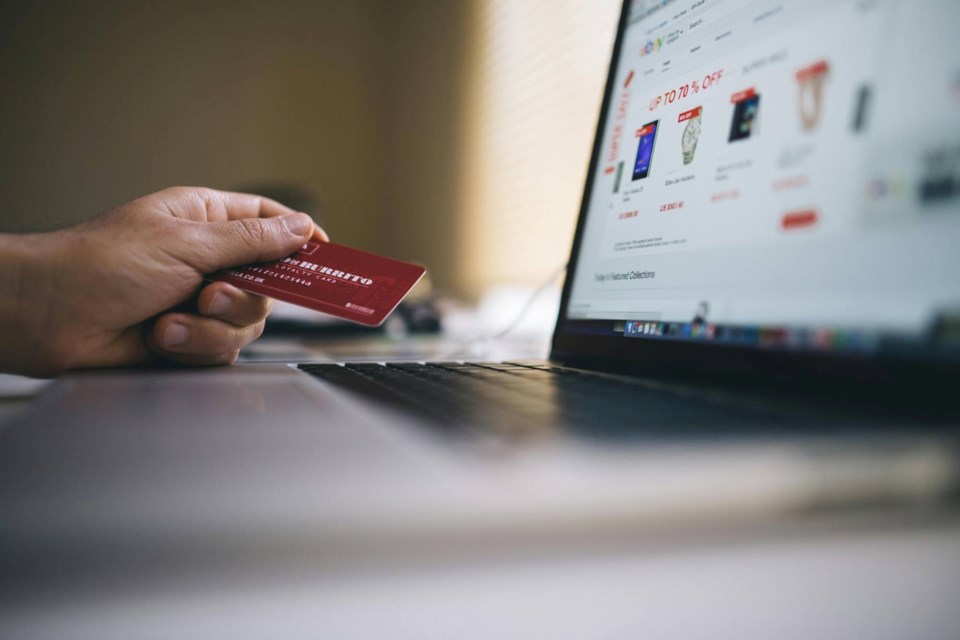The holiday season is here, and retailers are preparing for one of the busiest shopping times of the year. This season, flexible payment options are smart business strategies helping stores attract more customers and boost sales.
Kamran Eshghi, an associate professor in the Laurentian University School of Sports Administration with the Faculty of Management, says newer payment systems like Buy Now, Pay Later (BNPL) are making a big impact in retail.
Online retailers big and small are now offering BNPL. Amazon has its own system while other smaller platforms like Etsy partner with third-party providers to offer this option.
“Buy Now, Pay Later programs are changing the way people shop, especially during the holidays,” said Eshghi. “They make shopping easier for customers which might be an incentive for stores to adopt these systems. They can help stores sell more, but businesses also need to think carefully about how these programs affect their profits and risks.”
Eshghi is collaborating with Hadi Eslami from Saint Mary’s University on a research project funded by the Social Sciences and Humanities Research Council (SSHRC). Their study, titled Drivers and Performance of Buy Now, Pay Later Adoption: Evidence from the Retail Industry, looks at why retailers choose to offer BNPL options and how it affects their success.
“Stores that use BNPL often see bigger sales and happier customers,” says Eshghi. “But they also need to make sure it fits with their overall business goals and doesn’t cause problems, like higher financial risks.”
While BNPL offers opportunities for retailers, financial experts urge caution for consumers. Tyler Gliebe, Wealth Advisor at Innova Wealth Partners and a Laurentian University School of Business Administration alumnus, emphasizes the importance of mindful spending during the holiday season.
“BNPL systems can be a useful tool for spreading out costs, but they often encourage impulse buying and overspending by removing the immediate ‘pain’ of payment,” said Gliebe.
“Consumers might commit to payments that feel manageable at the moment but struggle later when juggling other fixed expenses, especially with rising interest rates and taxes.”
Gliebe offers three key tips for holiday shoppers: set a budget and stick to it, fully understand the terms of BNPL, and prioritize needs over wants.
“The holidays should bring happiness, not financial regret,” said Gliebe. “BNPL can work for those with strong financial discipline, but for others, it can be a slippery slope. That said, consumers who are hesitant to spend at all might benefit from BNPL as it offers a sense of encouragement to enjoy their holidays more freely. Ultimately, the key is mindful spending.”
Retailers that combine flexible payments with other business strategies are more likely to succeed. Offering online shopping options and creative marketing strategies, like sponsoring events, along with the BNPL option better prepares retailers to compete during the holiday season. For both retailers and consumers, BNPL is just one part of a bigger picture.
“This year, we expect more shoppers to use BNPL and other digital tools to stretch their budgets,” said Eshghi.
Stores that adapt to these trends will stand out and keep their customers coming back while consumers who approach their holiday spending strategically will have better peace of mind.
